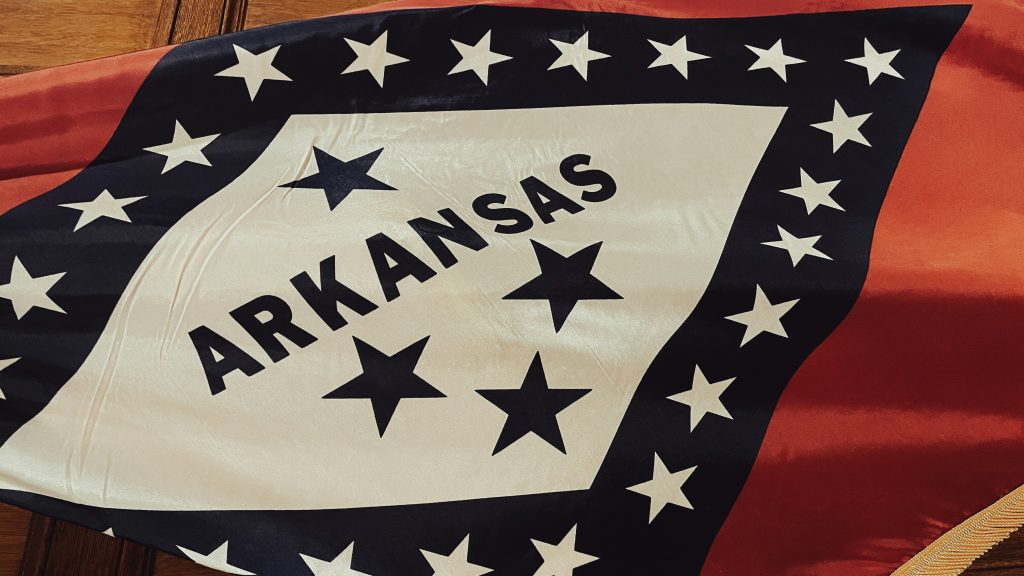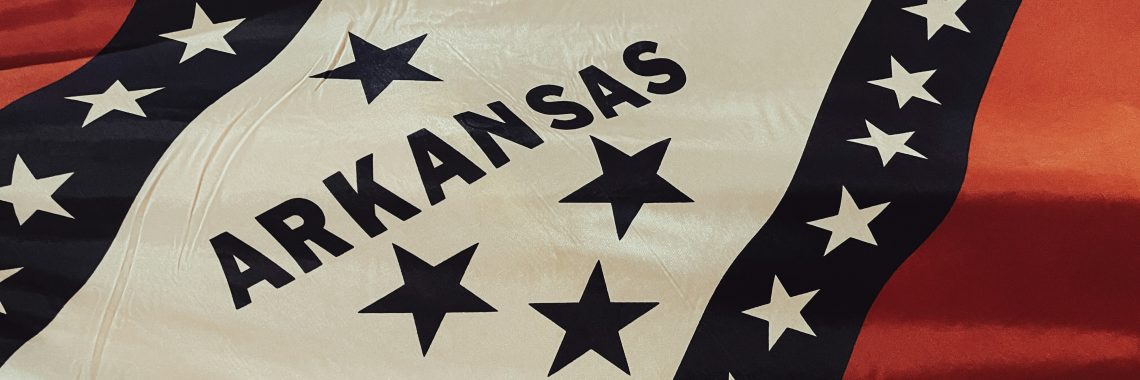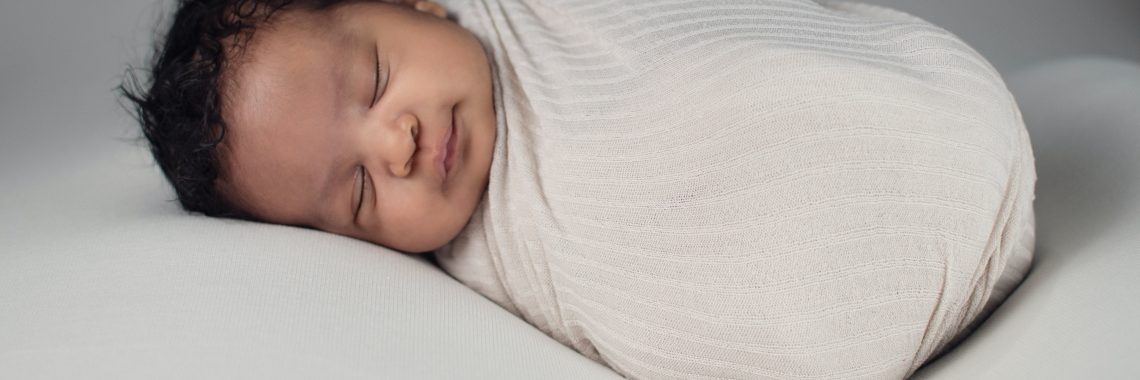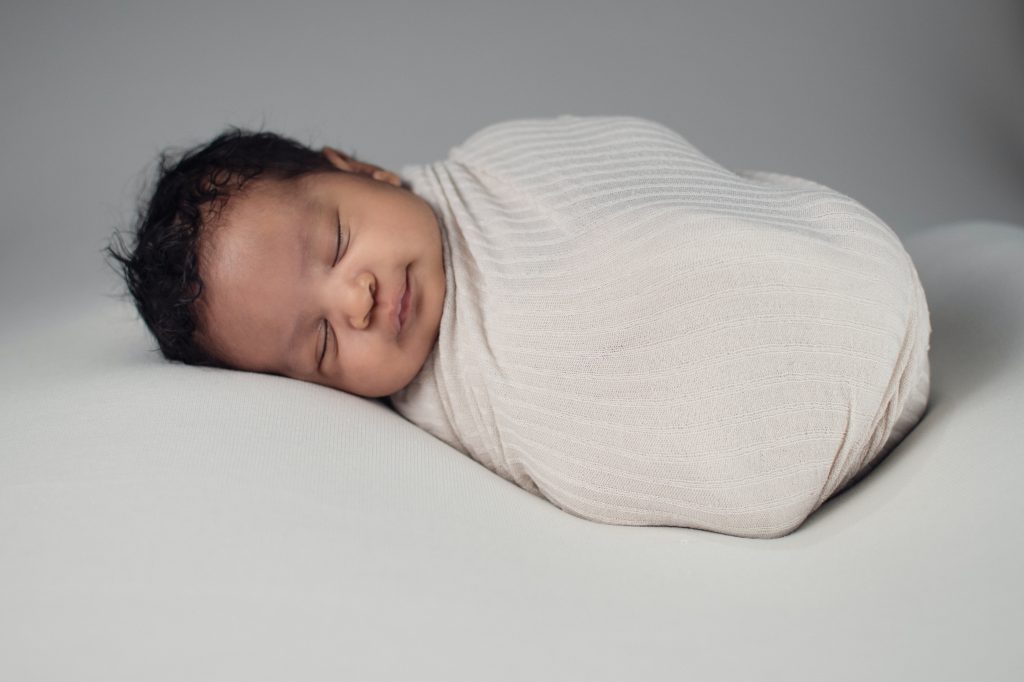LITTLE ROCK – The public is invited to attend the dedication and blessing of the Central Fire Station Baby Box at 4 p.m., Wednesday, May 15. The event will be held at Central Fire Station, 624 S. Chester St., Little Rock.
In the U.S. there are 228 Safe Haven Baby Box locations with 24 of those locations being in Arkansas, said Monica Kelsey, who founded Safe Haven Baby Boxes in 2015 on a mission to end infant abandonment.
“In just the last few weeks, we have had two instances of parents who have surrendered their newborn babies at our fire stations because they believed they had no other choice, for whatever the reason. Our ultimate responsibility in each of those cases was to protect the infant’s well-being. The installation of a Safe Haven Baby Box will ensure parents in crisis will have a 24/7, last-resort option to surrender their newborns and ensure the health and safety of the child,” Little Rock Mayor Frank Scott Jr. said in a press release.
“I appreciate the support of Calvary Baptist Church, Chief (Delphone) Hubbard and the Fire Department and others who have worked to install the first baby box in Little Rock,” Scott added.
“Calvary Baptist Church funded the project to provide the first Safe Haven Baby Box location in Little Rock. The blessing occurs after a busy month of April with two infants surrendered under the Safe Haven Law in this community. Now mothers in crisis will have anonymity on their side with the addition of the Little Rock Baby Box,” said Kelsey.
The organization provides a confidential National Hotline, 1-866-99BABY1. Sixteen states have a Baby Box presence within their state. Kelsey said, “We have seen time and time again that preparation can save and change lives. We never know when or where we will be needed, so it is crucial to have options for mothers in crisis. I am grateful for local advocates who take our mission to their community.”
Since 2017, 44 infants have been safely and legally surrendered in a Baby Box. The National Safe Haven Crisis line has assisted with 150 handoff surrenders. Each year the numbers increase with more baby boxes available across the country. Surrendered infants are adopted by families who have registered as foster to adopt. The local department of family services coordinates the adoption process.
Arkansas Right to Life has promoted the Safe Haven Law through a billboard campaign that began in Harrison in June 2019. Since then, billboards have been placed in more than 30 Arkansas counties.
Rose Mimms, executive director of Arkansas Right to Life, stressed the importance of the billboard campaign and mothers knowing about the Safe Haven Law. The Safe Haven Baby Box hotline number is listed on all billboards.
“The Safe Haven Law can help a mother to safely surrender her child to an official location, hospital, law enforcement or manned fire department in Arkansas or anonymously in a Safe Haven Baby Box,” Mimms said.
The Safe Haven Law, enacted in Arkansas in 2001, is designed to protect babies from being hurt or killed by abandonment by parents who are unwilling or unable to provide parenting. Under the law, a parent may give up an infant anonymously at a hospital emergency room or law enforcement agency, but in 2019 the law was amended to include manned fire stations as a surrender location. The amended law sponsored by Arkansas Sen. Cecile Bledsoe and Rep. Rebecca Petty also approved the installation of newborn safety devices at surrender locations.
For more information about Safe Haven Baby Boxes email Kelsey at monicakelsey@safehavenbabyboxes.com.
–30–
Arkansas Right to Life is the state affiliate of the National Right to Life Committee, the oldest and largest pro-life organization. For more information visit artl.org.
READ MORE






